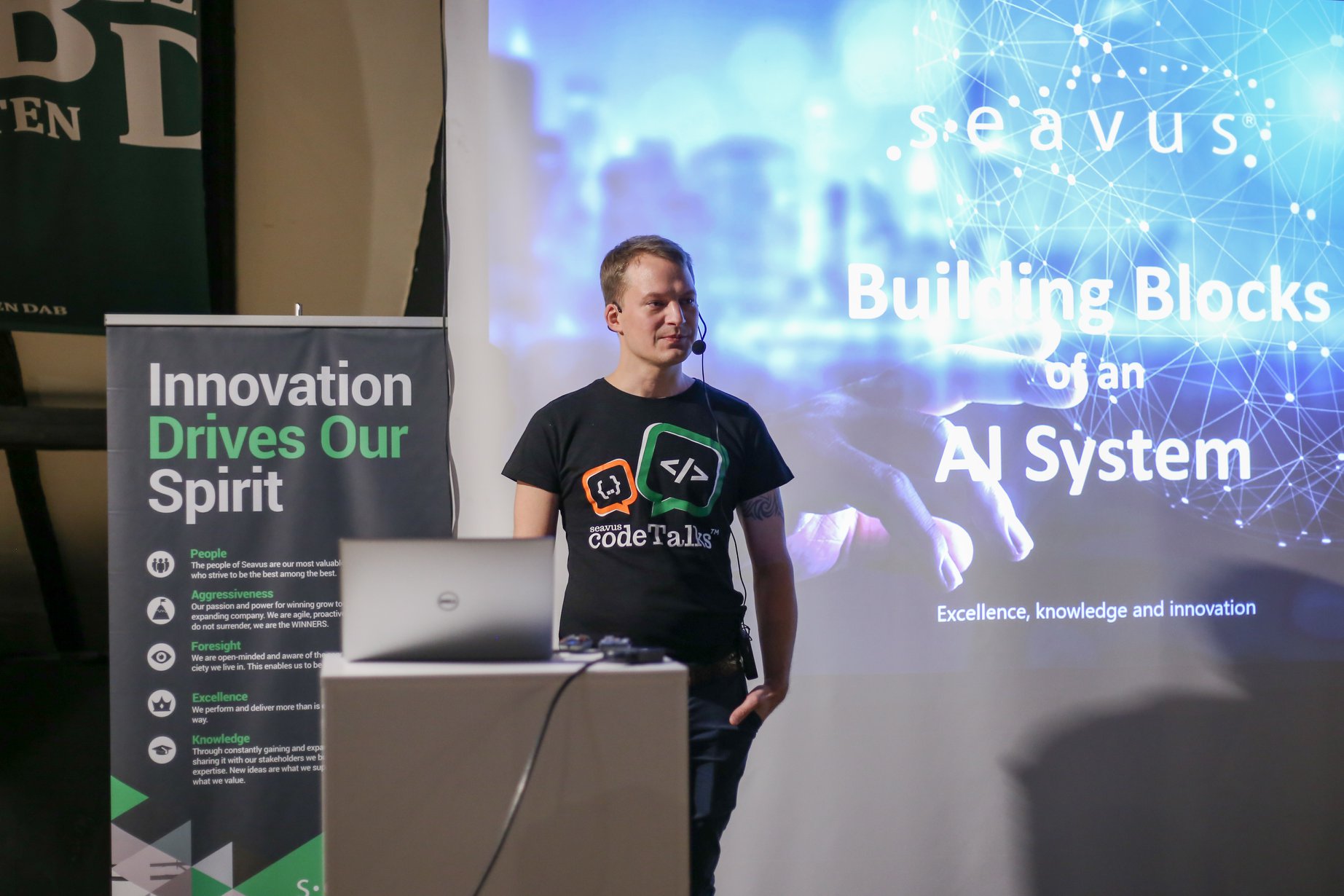The Republic of Serbia considers the development of startups, SMEs and entrepreneurs as a crucial segment for the recovery and development of Serbian economy. In March 2015, the Government of the Republic of Serbia adopted the Strategy development of small and medium enterprises, entrepreneurship and competitiveness for the period from 2015 to 2020. In Serbia, SMEs make up 99.8% of the total number of businesses and generate about 2/3 of employment, turnover 54.1% of GDP, and account for 43.2% of exports. 80% of the total workforce works in the SME sector. The current percentage of enterprises which are under the leadership of women entrepreneurs constitute 30% of all enterprises in the Republic of Serbia, which is encouraging statistics. Serbian SMEs are facing limited access to financing. Majority of the SMEs, 74%, primarily finances its businesses from their own resources, 57% from bank loans, 10% from private capital, 7% from investment funds and 4% from public programs. 83% of Serbian entrepreneurs are highly educated, 97% of them implemented some kind of innovation in their business, and their businesses are primarily in the areas of agribusiness, production, and IT.
WHAT MAKES THE SERBIAN ECOSYSTEM UNIQUE?The Serbian ecosystem is quite diverse and offers many opportunities for startups to grow. The region of Vojvodina consists of over 20 different Cluster Organisations (Serbia 40+) which empower startups cooperating with other ecosystem’s players such as public institutions, universities, research centers, business chambers, NGOs, incubators, hubs and coworking spaces.
In this region, Novi Sad won two prestigious titles, namely The European Youth Capital 2019 and The European Capital of Culture 2021, being the first city outside the EU that will hold the title. Both awards provide an extremely important opportunity to highlight the significance of entrepreneurship, creativity and innovations.

KEY STAKEHOLDERS
- Chamber of commerce of Serbia, Belgrade
- The University of Priština temporarily settled in Kosovska Mitrovica
- Center for competitiveness, University of Novi Sad
- Innovation Fund, Belgrade
- Impact Hub, coworking, Belgrade
- Founder Institute, accelerator, Belgrade
- Cluster House, Niš
- Center for innovative entrepreneurship, Niš
- Delta Agrar, business hub, Novi Sad
Relevant sectors: IT, agriculture and food industry, telecommunications
Startup Serbia aims to help Serbia in becoming one of the top 20 startup ecosystems in the world with a strong focus on Creative, IT, Agriculture, Science, Sports, Food and Lifestyle. Recent trends suggest that ICT, Creative Industries and Services in Agriculture are the fastest growing sectors. Alongside, creative industries are increasingly becoming important component of the Serbia modern economy and they have the great potential to bring new innovative models if coupled with economic and scientific projects at international level.

